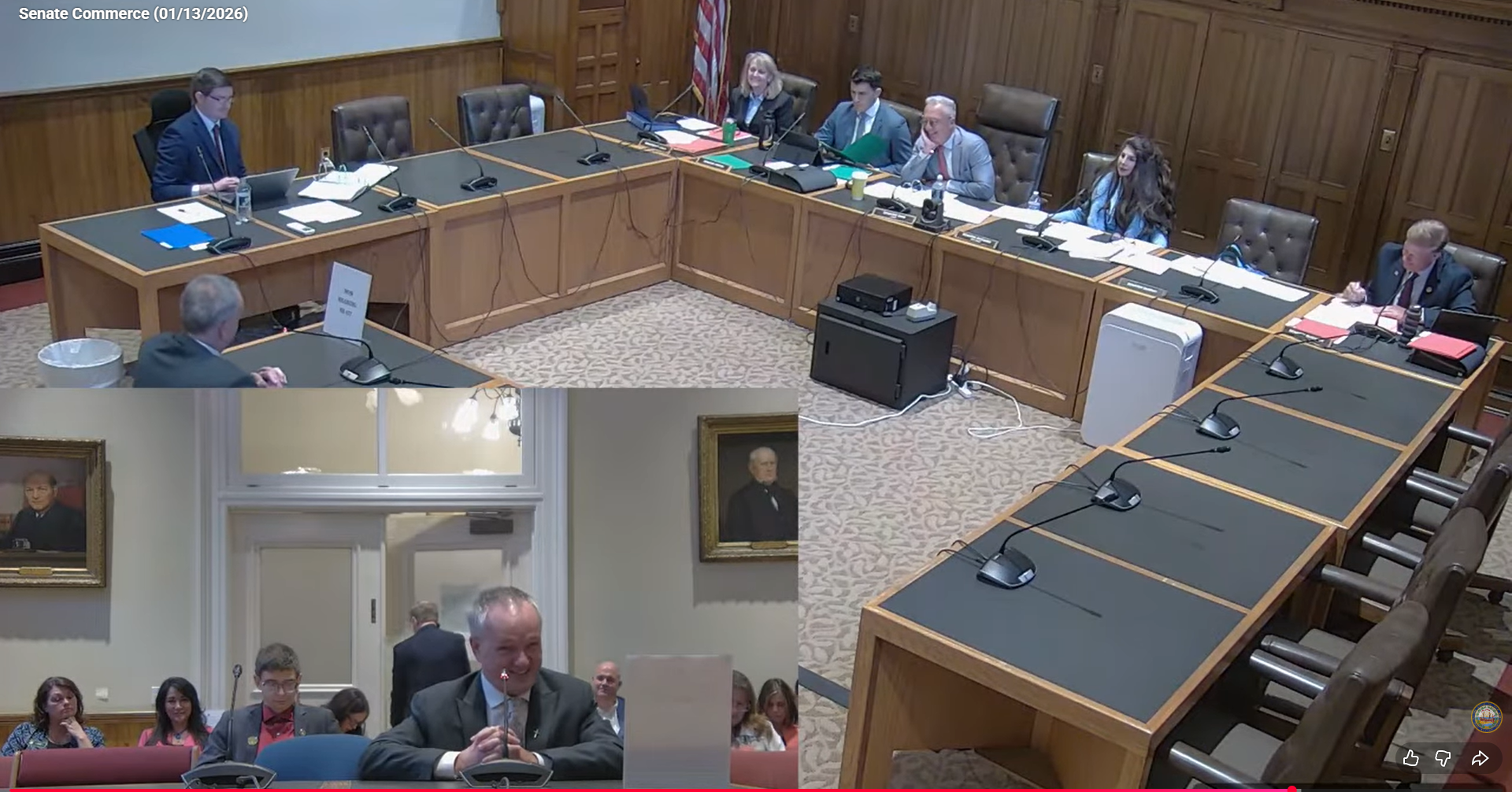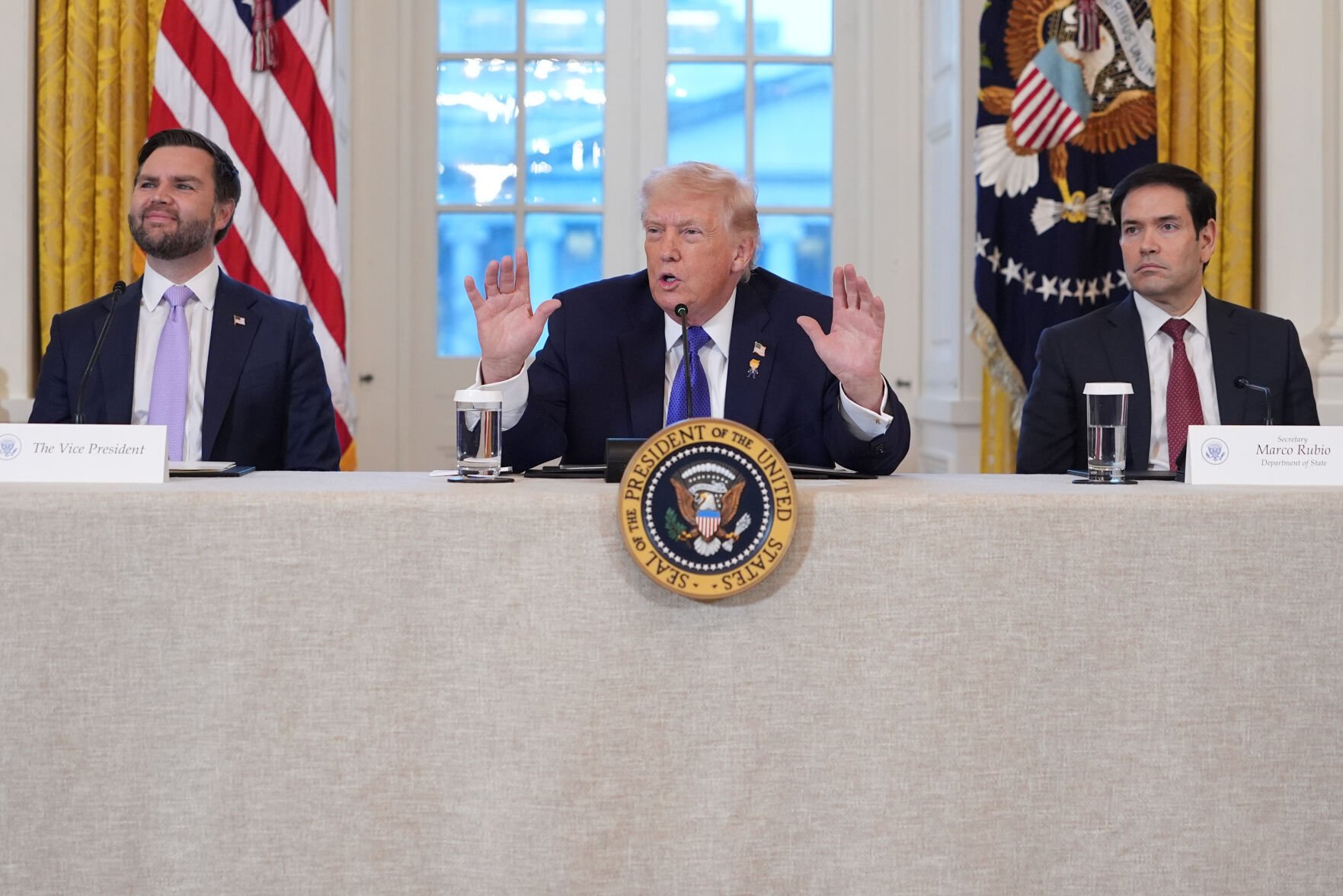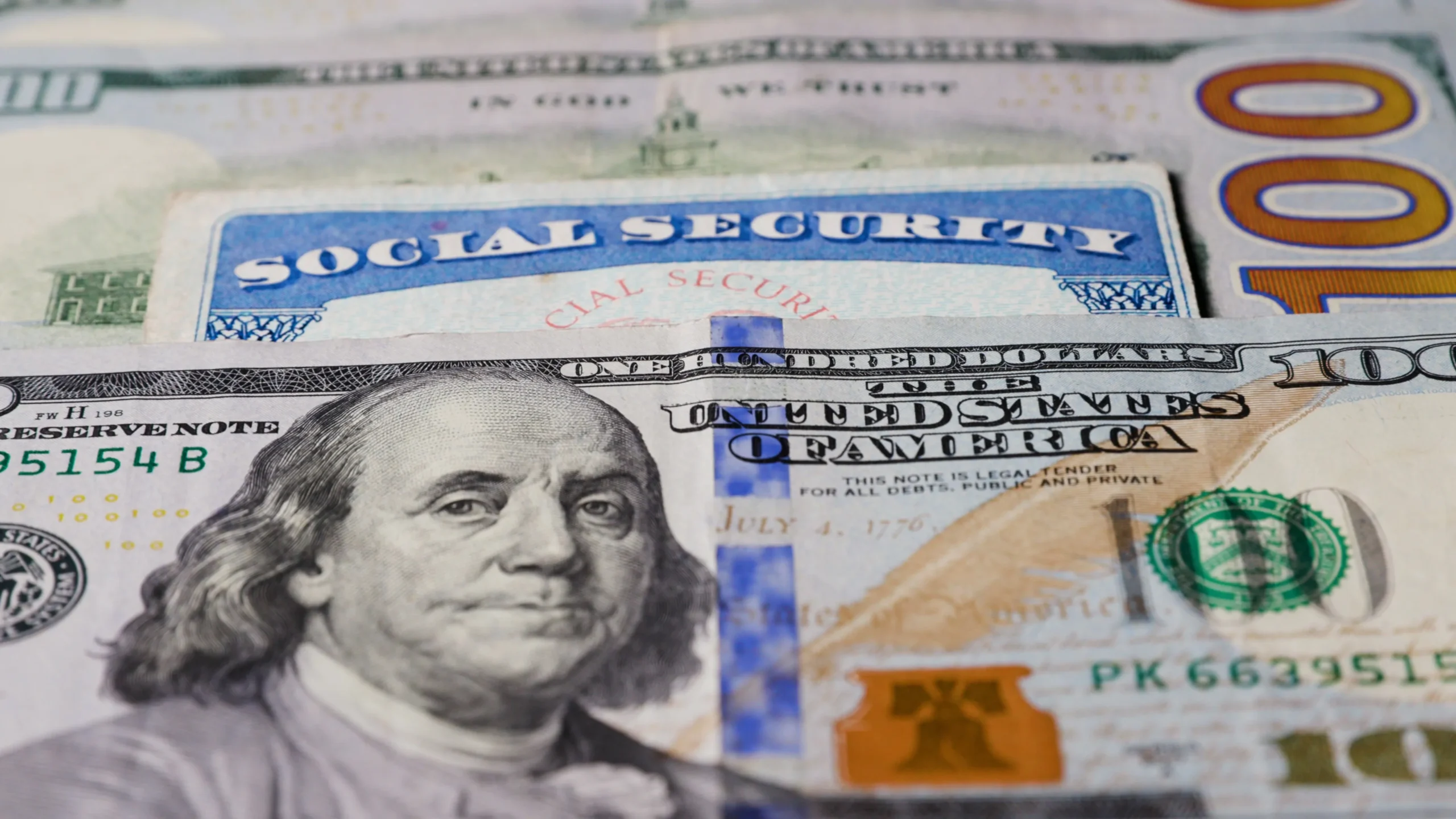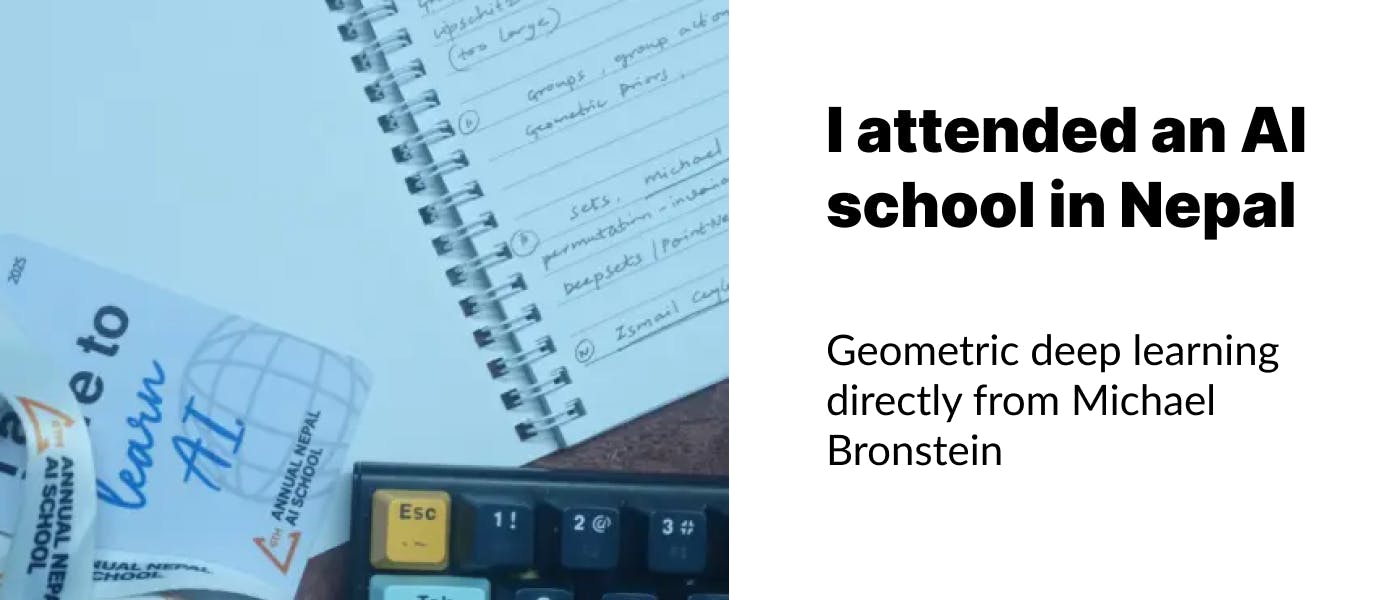Elon Musk’s newest AI venture, xAI, has taken legal action against Apple and OpenAI. The lawsuit claims Apple’s ChatGPT integration on iPhones gives OpenAI an unfair advantage, leaving rival AI systems like Grok at a disadvantage.
Musk Vs. OpenAI — And Apple: Can xAI Turn A Culture-War Into An Antitrust Win?
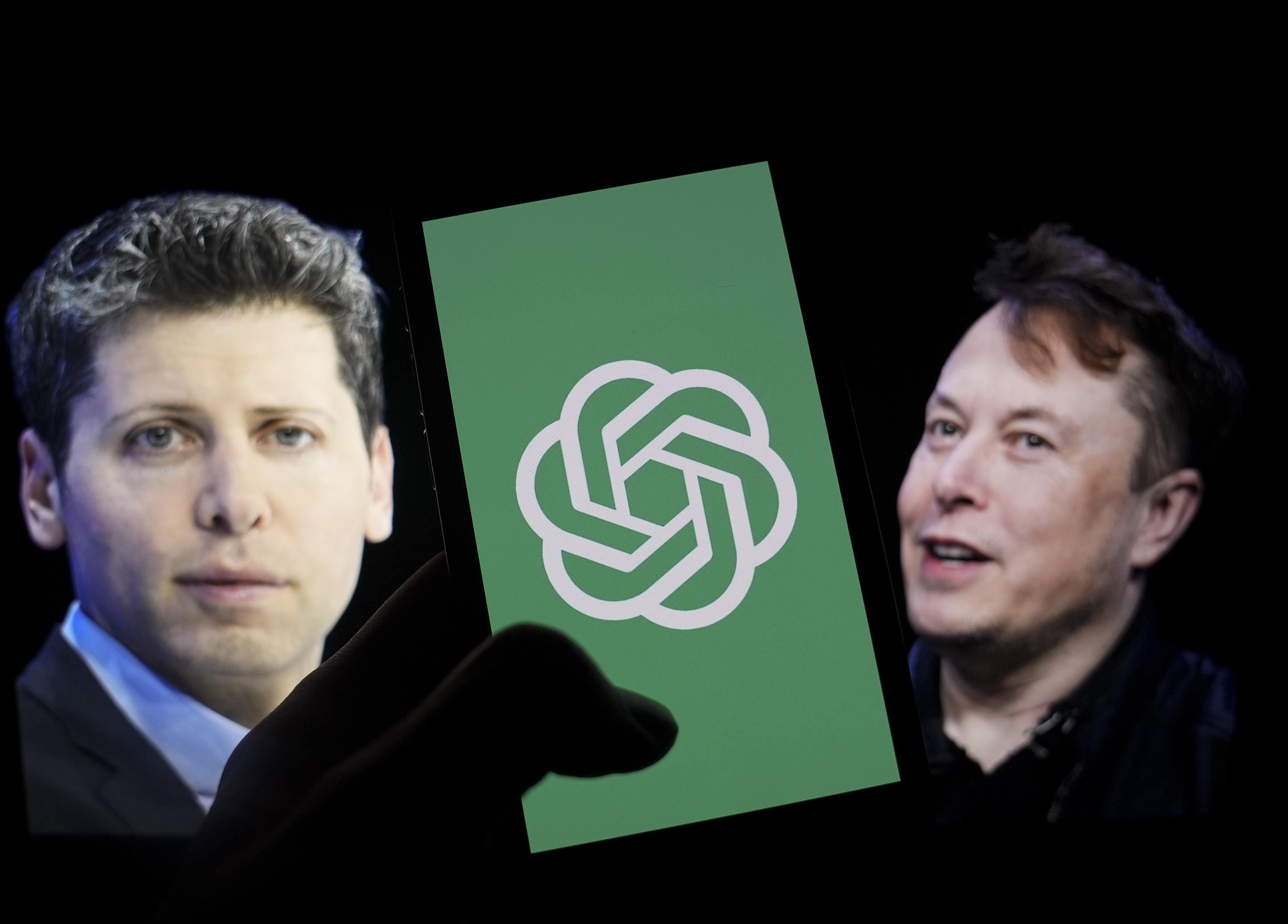
Key Takeaways:
- xAI, founded by Elon Musk, is suing Apple and OpenAI.
- The lawsuit challenges ChatGPT’s integration on iPhones.
- xAI alleges this integration blocks rival AI systems like Grok.
- Antitrust implications loom for Apple, OpenAI, and other tech giants.
- The legal battle reflects growing tensions in AI competition.
Introduction
Elon Musk’s fledgling artificial intelligence venture, xAI, has ignited a high-stakes legal dispute by filing a lawsuit against tech giant Apple and the developer of ChatGPT, OpenAI. The suit alleges that Apple’s seamless integration of ChatGPT onto iPhones effectively locks out competing AI technologies, including xAI’s own platform, known as Grok.
The Lawsuit Explained
At the heart of xAI’s lawsuit is the claim that Apple’s partnership with OpenAI grants ChatGPT exclusive access to the iPhone ecosystem. According to xAI, this arrangement gives ChatGPT privileged positioning and visibility on Apple devices while sidelining competitors. For consumers, xAI argues, this means limited AI options—and for xAI’s Grok, it means an uphill battle to gain traction on the most ubiquitous smartphone platform in the world.
Antitrust Implications
The legal move by xAI shines a spotlight on the broader antitrust debate within the tech industry. As Apple faces increasing scrutiny over its control of the App Store and device features, xAI’s case could become a catalyst for deeper examination of how tech giants wield ecosystem power. If xAI’s claims hold up, the case could set new precedents affecting how AI applications compete on mobile devices.
Culture-War Context
Beyond the immediate legal considerations, the lawsuit reflects a cultural clash in the tech community. Musk has long been vocal about the direction of AI development, often portraying it as a battle of ideologies. By questioning whether Apple and OpenAI’s alliance is more than just a business deal, xAI taps into broader concerns about the transparency of AI systems and who gets to shape their future.
Rethinking AI Competition
Grok, the AI product central to xAI’s lawsuit, is still new to the market, positioning itself as a direct rival to ChatGPT. While details about Grok remain limited, it is emblematic of the growing field of AI platforms looking to challenge established players. xAI’s legal strategy suggests a fight for open competition in which multiple AI systems can thrive, rather than a single, pre-installed choice on consumer devices.
Conclusion
xAI’s legal action against Apple and OpenAI underscores the mounting tensions in the AI industry. The outcome of this dispute could influence both how smartphone makers integrate AI applications and the broader legal framework governing competition in tech. For now, as xAI and Musk press forward with their case, the industry watches closely for signals that might reshape the entire AI landscape—and possibly redefine how consumers interact with AI on their mobile devices.



